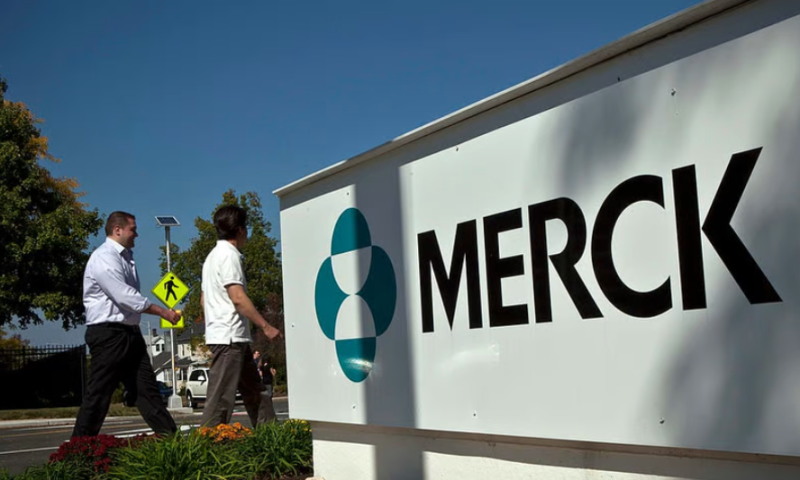A year after dolling out $11.5 billion to buy Acceleron Pharma, Merck is experiencing the first taste of potential from one of the drugs it acquired in the process—and it’s sweet.
Cardiovascular med sotatercept passed a phase 3 test as an add-on treatment for patients with pulmonary arterial hypertension (PAH), improving patients’ six-minute walk distance after 24 weeks, the company reported Monday. Sotatercept also showed statistical significance on eight of nine secondary endpoints.
In a release, President of Merck Research Labs Dean Li, highlighted the med’s ability to extend time to a clinical worsening event, saying that was “especially noteworthy.” There was no statistically significant improvement in patients’ score of their cognitive and emotional state, the sole secondary endpoint failure. The company did not expand on the drug’s safety profile but said it was similar, “in general,” to the phase 2 safety profile.
“We are moving with urgency on our regulatory applications to bring this investigational therapy to these patients,” Li said.
The trial—dubbed STELLAR—aimed to recruit 324 participants and were randomized to receive either sotatercept or placebo on top of standard-of-care medication. The clinical trial record notes that participants will be eligible to receive in the drug in a separate, open-label extension study. Recruitment is ongoing in two additional trials testing sotatercept in addition to background treatment; one in patients newly diagnosed with PAH at intermediate or high risk of disease progression and another in those who have class three or four PAH and are at high risk of death.
The readout presents some of the most significant validation to date of the Acceleron purchase, first announced in September 2021. The deal also landed Merck Reblozyl, an FDA-approved treatment for anemia is some rare blood disorders. But arguably more important is what the victory marks for the company’s larger ambitions for sotatercept.
In an interview with Fierce Biotech in September, Merck’s chief medical officer Eliav Barr said that the strategy Merck and Acceleron have taken with the drug mirrors that of Keytruda. Once there was compelling phase 1 and phase 2 data, they slammed the gas on the clinical development process, testing the drug in all phases of the disease. He also teased that given the drug’s promise and the similar biology between PAH and pulmonary hypertension, which effects millions of people, the latter could be a future indication Merck pursues.
“Maybe that’s where we’ll take that drug next,” he said.

